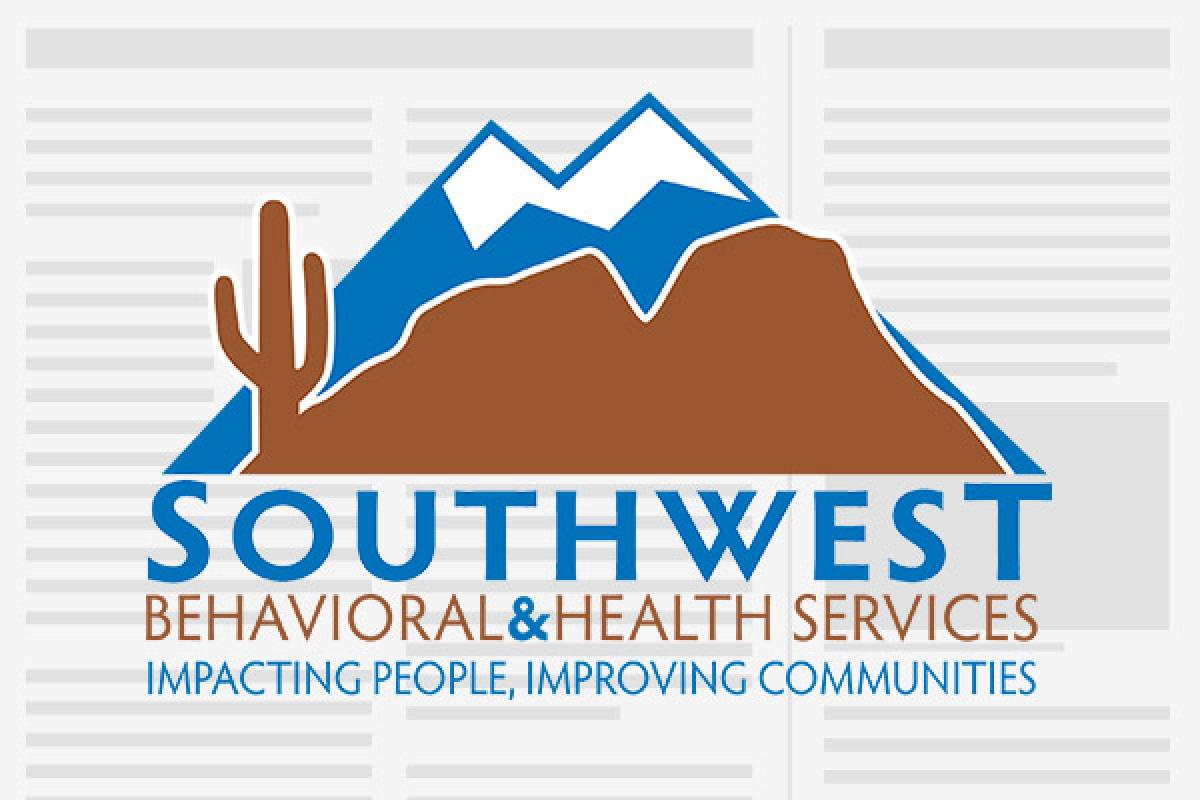
Oh, puppy love. Most people remember their first love fondly – an innocent relationship filled with memories of a simpler age. To a teenager, these first relationships can have a profound impact on their life, not only by developing important skills that will help them in future relationships, but also setting them on the path to make good decisions, or in some cases, maybe poor ones.
According to research conducted by the National Center on Addiction and Substance Abuse, teen romances oftentimes can influence their addictions. The study found a direct correlation between the amount of time a teen couple spends with each other and the number of sexually active friends they have, with an increase in drug and alcohol use.
In fact, the survey of more than1,000 teenagers said those who spent more than 25 hours a week with their significant other are 2.5 more likely to drink, five times more likely to get drunk, 4.5 times more likely to have tried marijuana, and 4.5 times more likely to smoke cigarettes than teens who spend less than 10 hours a week with their partner. Teens with more sexually active friends are 6.5 times more likely to drink alcohol, 31 times more likely to get drunk, 22.5 times more likely to try marijuana and 5.5 times more like to smoke cigarettes.
Girls who are dating older boys are the most susceptible to alcohol and drug use. Girls whose boyfriends are two or more years older than them are 2 times more likely to drink, 6 times more likely to get drunk or have tried marijuana and 4.5 times more likely to smoke than girls with boyfriends less than two years older or no boyfriend at all.
Once drugs or alcohol have entered a relationship it is more likely to become abusive, both mentally and physically. Warning signs of an abusive relationship are eerily similar to those of abusing drugs: avoiding friends and family, losing interest in once favorite activities and declining grades.
But before you forbid your child from dating, know that learning to cultivate healthy relationships is a huge part of growing up and teens should not be deprived of learning to emotionally connect with the opposite sex. It is, however, the parents’ job to help make sure their children know how to make the good decisions and recognize when a relationship needs to end.
Just as parents need to talk to their children about healthy choices, they need to talk about cultivating healthy relationships. A healthy relationship is one where both parties feel respected, supported and valued. This can be done long before your child reaches the dating age – the same basic concepts apply to friendships.
Ask your child “how does this person make your feel?” Regardless of age or nature of the relationship, children know when something doesn’t feel right. Go over the appropriate expectations one should have while in a relationship.
Make it a point to get to know your teen’s romantic interest. Just as you would anything that distracts your teen’s attention from his or her priorities, limit the amount of time your teen can spend with his or her significant other.
And just like you would if your child were struggling with drugs and alcohol, provide plenty of family time. DrugFreeAZ.org has found that children who talk to their parents about the issues in their lives are 50 percent less likely to experiment with drugs and alcohol.
For more information on how to talk to your children at any age about peer pressure, drugs and alcohol visit DrugFreeAZ.org/Parents.













